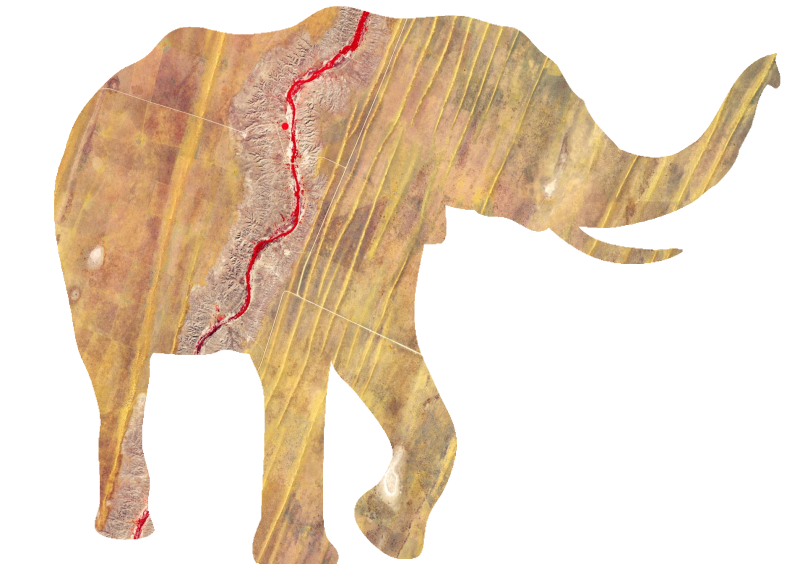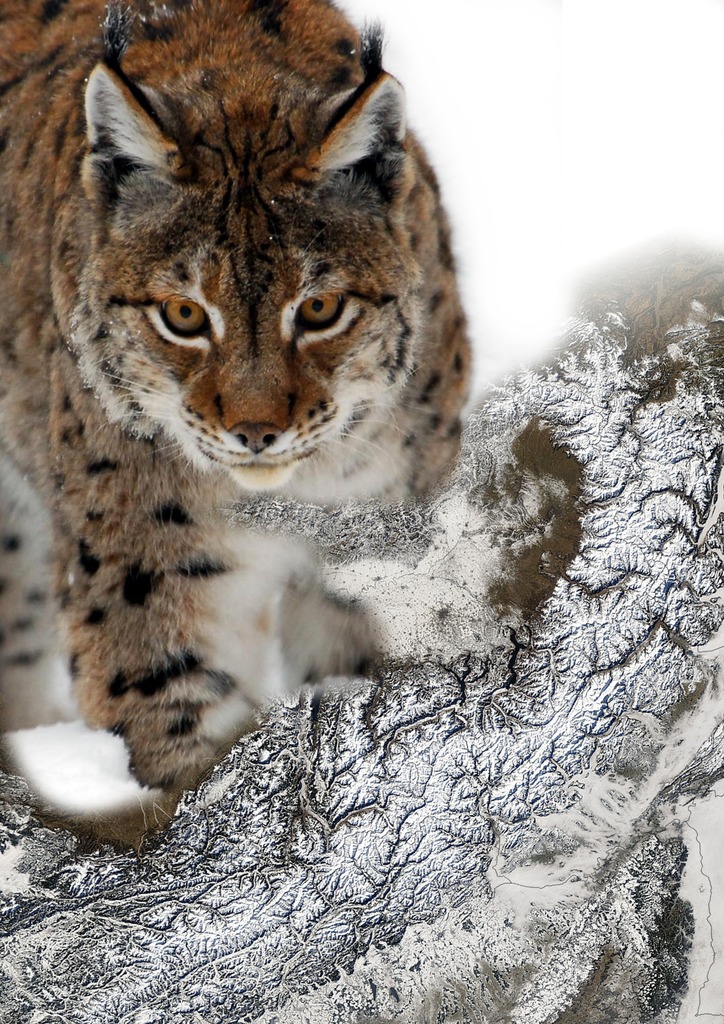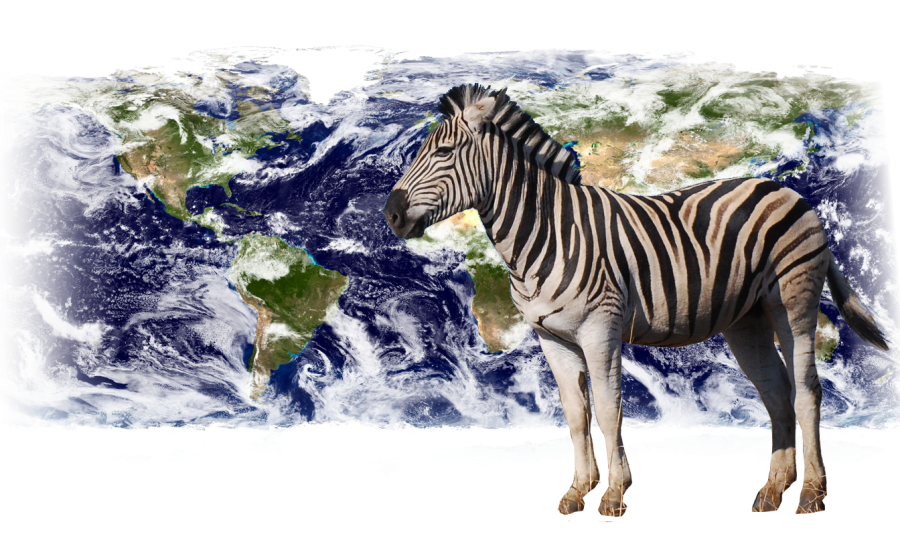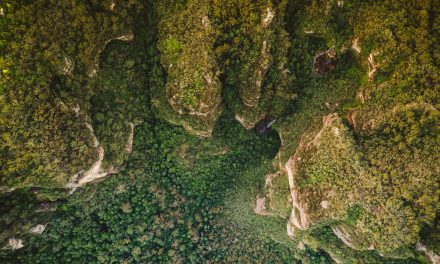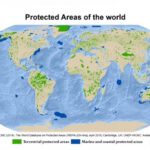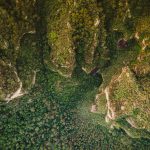Open PhD position in remote sensing and vegetation modelling (Ref: URPP-N1)
We invite applications for a PhD position in remote sensing and vegetation modelling. The University of Zurich (UZH) Research Priority Programme (URPP) on Global Change and Biodiversity (GCB) is an established interdisciplinary research program (http://www.gcb.uzh.ch). Biodiversity is both a response variable affected by global change drivers and a factor modifying ecosystem processes and services that are essential to human well-being. An improved capability to predict the consequences of changes in drivers will aid improved prediction of the state of the environment. The URPP GCB implements innovative avenues in this research domain by using a latitudinal gradient approach based on interactions, feedback and scale, to provide more reliable and robust knowledge of global change processes. Global change (namely land use change, climate change, invasions, exploitation, and pollution) influences biodiversity and vice versa. We are looking for a motivated candidate, capable of doing research at the disciplinary boundaries of vegetation traits, remote sensing, and global dynamic vegetation models (DGVM). We therefore invite applications for a PhD position in remote sensing of plant ecological genetics. Recent advances in remotely sensing functional diversity has received increasing interest by advancing the retrieval of physiological and morphological traits from remote sensing data. The plant functional types approach, in parallel, has been widely used for vegetation modelling, in particular in Dynamic
Global Vegetation Models (GDVM). The integration of both, morphological and physiological traits derived from high resolution remote sensing and the process-based physiology of DGVMs will allow to predict and forecast changes of functional diversity in ecosystems. This project seeks to integrate the use of remote sensing derived traits to quantify the productivity-diversity relationship of a variety of ecosystems. Technologies to be used include spectroscopic imaging and laser scanning as well as vegetation modelling.
The successful applicant will be based in Zurich and embedded in a supervisory team including Michael Schaepman (http://www.gcb.uzh.ch/en/aboutus/people/schaepman.html) and Meredith Schuman
(https://www.geo.uzh.ch/geolean/en/department/entire-staff-list/?content=schumanmeredithchristine). You will work in the Department of Geography, which hosts several research groups working on a
variety of topics assessing the key drivers of global change and biodiversity.
To apply, applicants must have a completed master’s degree in either ecology, remote sensing, applied statistics, or a closely related scientific field. Applicants must be able to work with statistical tools and
scripting languages (i.e. Matlab, Python, R), have experience with modelling (vegetation models or DGVMs), and be motivated to conduct field and glasshouse research (experience is an asset). Understanding of biogeochemical cycles is an asset. A high standard of written and spoken English is mandatory. The position can start as soon as a suitable candidate is found. Salaries correspond to the UZH regulations of PhD salaries.
We are looking for a highly motivated, enthusiastic and independent person with a passion for science to join our team. We offer outstanding working conditions, a high quality of life in Zurich, and an excellent support environment.
Please upload your application (including position reference URPP-N1) (motivation letter, complete CV, and names of 2 references) to https://www.appointments.mnf.uzh.ch/position/7012352. Selection of candidates will begin January 20, 2019. Preferred starting date in Zurich is March 2019 or upon agreement. For further questions, please contact michael.schaepman@geo.uzh.ch.
